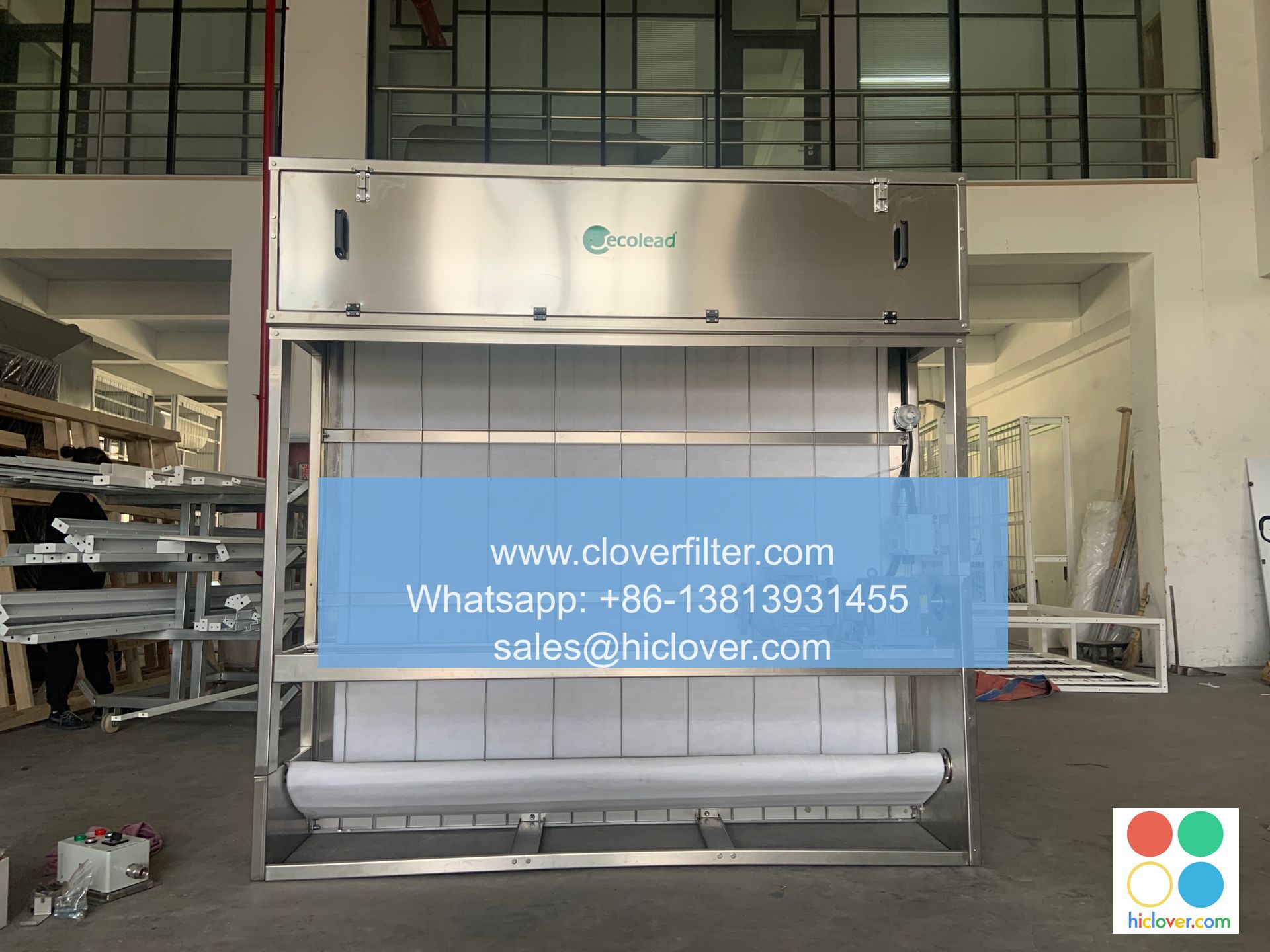The Importance of Air Filters in Spray Painting Environments: Why You Can’t Ignore It

The Importance of Air Filters in Spray Painting Environments: Why You Can’t Ignore It
Introduction
When it comes to spray painting, many individuals assume that the only concern is the proper selection of materials, equipment, and techniques. However, a crucial aspect that often gets overlooked is the air filtration system. In a spray painting environment, a well-maintained air filtration system is essential for maintaining a healthy and safe workspace. In this article, we will explore the importance of air filters in spray painting environments and why you can’t ignore it.
Why Air Filters are Vital
Air filters play a crucial role in ensuring a healthy and safe work environment. Here are some reasons why:
- Dust and Debris Control: Spray painting generates a significant amount of dust and debris, which can lead to respiratory problems and eye irritation. Air filters help to capture these particles, reducing the risk of exposure and ensuring a cleaner and healthier workspace.
- Fume and Vapour Control: Many spray paints and coatings release hazardous fumes and vapors, which can be harmful to human health. Air filters can help to remove these volatile organic compounds (VOCs), making the air safer to breathe.
- Equipment Protection: Air filters also protect spray painting equipment from damage caused by dust and debris, ensuring that machines run smoothly and efficiently.
- Automotive Refinishing: In car body shops and spray booth facilities, air filters are essential for removing paint overspray, dust, and debris from the air, ensuring a high-quality finish and maintaining equipment performance.
- Aerospace Coatings: In the aerospace industry, air filters are crucial for protecting sensitive equipment and personnel from hazardous particles and fumes, ensuring proper coating application and maintaining compliance with regulatory standards.
- Fire and Water Damage Restoration: When working with water-damaged properties or fire-affected structures, air filters help to remove hazardous particles, dust, and debris, making the environment safer for restoration and maintenance work.
- Panel Filters: These filters are designed to capture larger particles, making them ideal for general-purpose applications.
- HEPA (High-Efficiency Particulate Air) Filters: These filters are designed to capture 99.97% of particles as small as 0.3 microns, making them ideal for sensitive applications.
- Activated Carbon Filters: These filters are designed to capture gases, vapors, and odors, making them suitable for applications where VOCs are a concern.
Key Applications for Air Filters in Spray Painting Environments
Air filters are not just important for general health and safety; they are also critical for specific applications:
Types of Air Filters for Spray Painting Environments
There are different types of air filters suitable for spray painting environments, including:
Conclusion
In conclusion, air filters are a vital component of a spray painting environment. They play a critical role in maintaining a healthy and safe workspace, protecting equipment, and ensuring optimal performance. Whether you’re working in an automotive, aerospace, or restoration setting, it’s essential to invest in a suitable air filtration system to avoid the risks associated with poorly filtered air. By choosing the right air filter for your specific application, you can ensure a cleaner, healthier, and more efficient spray painting environment.
I’m happy to help! What would you like to talk about or ask? Do you have a specific question, or are you looking for a conversation starter?

